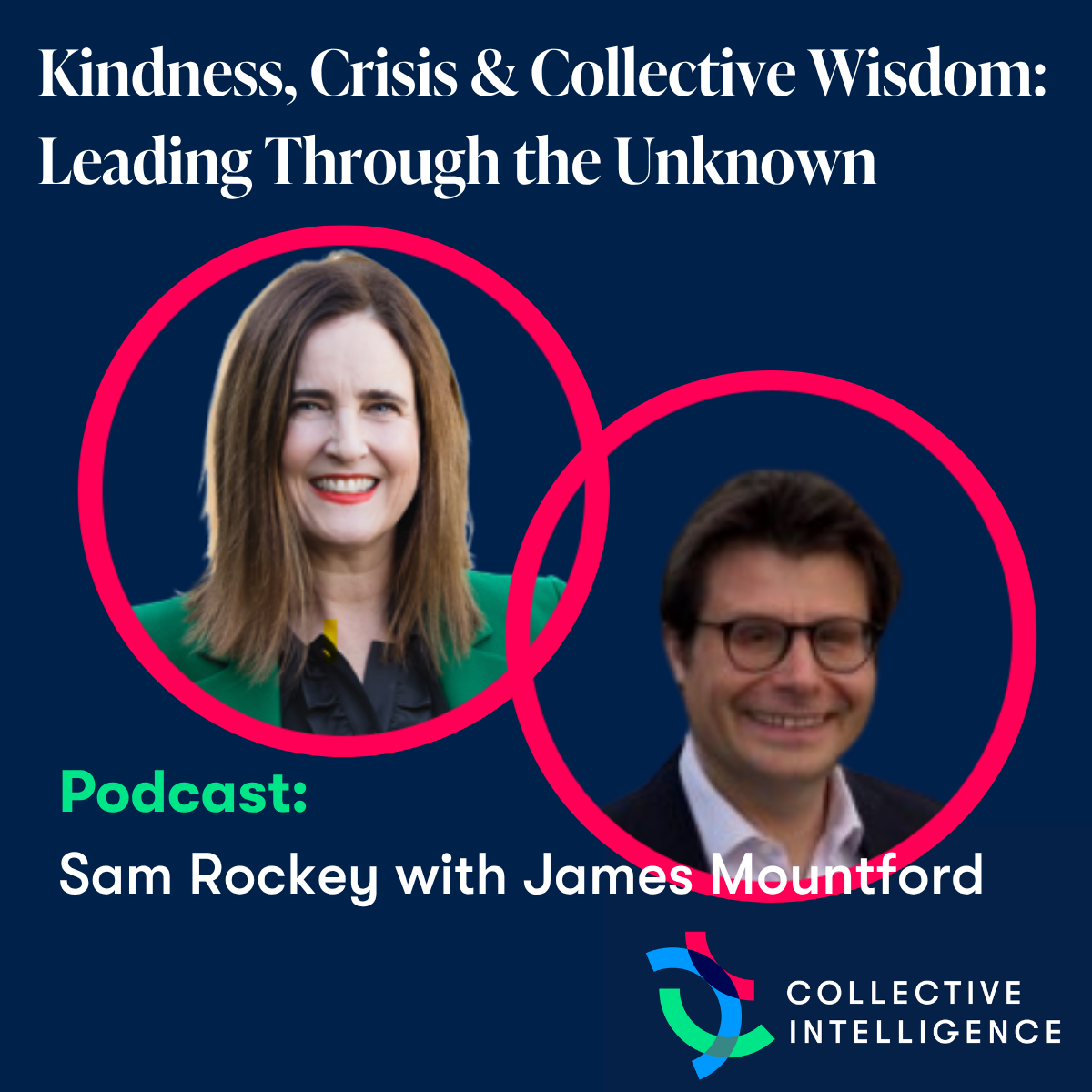
The cricket sang,
And set the sun,
And workmen finished, one by one,
Their seam the day upon.
The low grass loaded with the dew,
The twilight stood as strangers do
With hat in hand, polite and new,
To stay as if, or go.
A vastness, as a neighbor, came, —
A wisdom without face or name,
A peace, as hemispheres at home, —
And so the night became.
Theme
It’s important for humans to feel like they belong—so that’s our subject this month. A sense of belonging can be found in many places: from a culture, or family, or among your colleagues, and cultivating this feeling is crucial to building a workplace that encourage the honest exchange of ideas. It doesn’t matter how big or small, we have a profound need to belong in every sphere of life.
Who?
This month’s poet is Emily Dickinson (1830 – 1886) – a poet very interested in different kinds of belonging. For a start, she openly published very little in her lifetime, preferring instead to handwrite her poems before tying bundles of them together with string (this is why they’re all numbered with roman numerals). They are all therefore imbued with a personal touch and an internal sense that, though each one might be very different from the next, the sets of poems somehow belong together.
What?
This poem describes twilight moving into night, a quiet time at which we might reflect on our day’s work, on the conversations we’ve had, and on what we might have learned. Twilight is also a time between one thing and the next (day and night), and so Dickinson reflects on the connections she sees between all things: ‘the cricket’, ‘the sun’, and ‘workmen’ are all working in harmony as the opening lines unfold. This is how she – and we – might feel at home in the world at large, how we can build bonds and relationships.
Another way she does this is with similes (comparing one thing to another), as with ‘A vastness, as a neighbour came’: by comparing something so impersonal as ‘vastness’ to the intimacy of a ‘neighbour’ she shows that she is always open to new encounters, no matter what form they might take. And because she thinks this way, her environment follows suit: ‘And so the night became’. Notice how the poem ends on a verb (a ‘doing’ word), which tell us that belonging – that which makes both ‘hemispheres’ feel ‘at home’ – is something we build together all the time.
What Else?
Emily Dickinson is a very esoteric poem, and her writing bears little resemblance to much that came before it (excluding, perhaps, Christina Rossetti). Interestingly, though her poetry is very unique and can be very difficult to understand (people have argued for over a hundred years about what her use of dashes means!), it is some of the most frequently quoted verse in the Western world. Dickinson poetry resonates with a great many people, and cultivates a feeling of belonging.
Her poems have a way of making it feel like they’re speaking directly to you. Good leaders do this to. It makes us feel heard and understood—it makes us feel like we belong.





































.png)










.png)




































.png)












.jpg)






